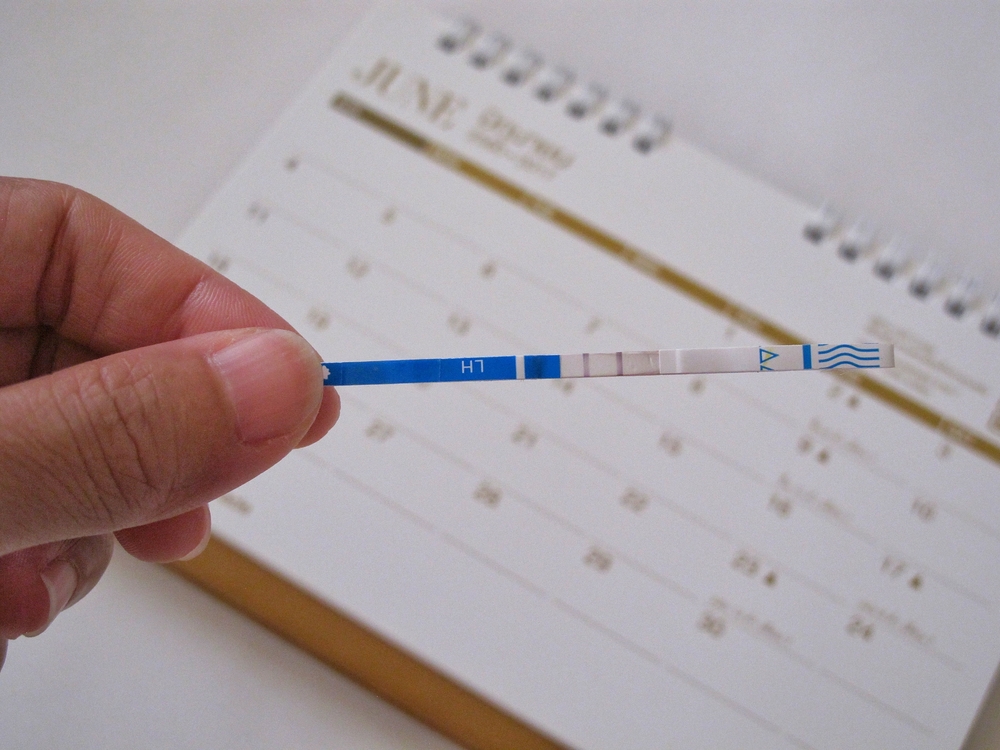Ovulation denotes to the release of an egg during the menstrual cycle in women.
Part of the ovary known as the ovarian follicle releases an egg. The egg is called an ovum, oocyte, or female gamete. It’s only released out on reaching maturity.
After its release the egg travels down the fallopian tube, where it is encountered by a sperm and grows to be fertilized.
Ovulation and hormonal balance in the menstrual cycle are controlled by a part of the brain known as the hypothalamus. It sends signals, coaching the anterior lobe of the pituitary gland to secrete luteinizing hormone (LH) and follicle-stimulating hormone (FSH).
When ovulation happens, a woman is most fertile during this time, and is more likely to conceive.
An ovulation calendar is intended to forecast when a woman might be most fertile.
Several websites and apps exist in this way by asking questions like:
- When was the start of your last menstrual period?
- How long does your menstrual cycle usually last?
- How long is your luteal phase, or the time in between the day after ovulation to the peak of your cycle?
It is more beneficial for women to record or chart menstrual cycles for entry into the calendar. Monitoring the menstrual cycle may also be key for importance any irregularities.


